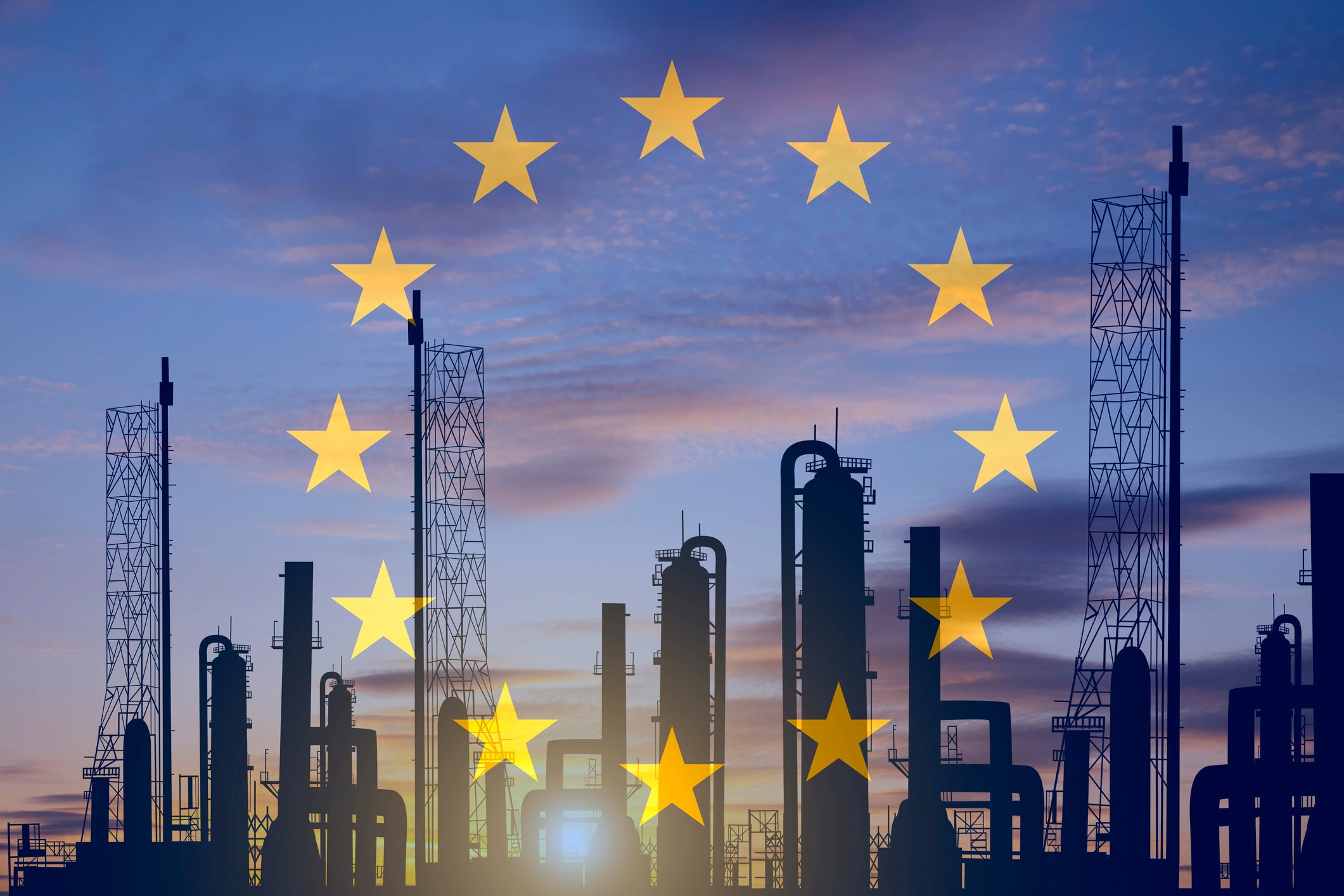
On Monday (19 December), the EU energy ministers reached a temporary consensus on setting the market correction mechanism to protect its citizens and the market from excessive gas prices after months of deliberation.
This mechanism will be applicable from 15 February next year and activated automatically in case ‘market correction event’ occurs.
The month-ahead price on the Title Transfer Facility (TTF) under this will be capped at EUR180 per megawatt-hour (MWh) if it exceeds three working days and is EUR35 higher than the reference price for LNG on global markets for the same three working days.
Czech Minister of Industry and Trade, Jozef SÍkela, said: “We have succeeded in finding an important agreement that will shield citizens from skyrocketing energy prices. We will set a realistic and effective mechanism, which includes the necessary safeguards that will steer us clear from risks to security of supply and financial markets stability. Once again, we have proved that the EU is united and will not let anybody use energy as a weapon.”
Based on the mechanism, while it is active, transactions ‘concerning the natural gas futures that are within the scope of the MCM above’ a so-called ‘dynamic bidding limit’ will not be allowed to take place.
Although the European Textiles Association (EURATEX) welcomed the adoption of the instrument and prospect to limit gas price speculations on the stock market, it said the cap at EUR180/MWh was still too high.

US Tariffs are shifting - will you react or anticipate?
Don’t let policy changes catch you off guard. Stay proactive with real-time data and expert analysis.
By GlobalData“The complexity of the conditionalities triggering the cap may weaken its effectiveness and implementation: according to the legal proposal, the price level must be reached for three working days and European wholesale gas prices must remain, for the same length of time, at EUR35 above the global price of liquefied natural gas.”
It is urging the Council of the EU again to improve this market correction mechanism. Adding further, Euratex insisted on the need to provide the industry with support measures to counteract competition from the US and other countries.
Dirk Vantyghem, director general of Euratex, affirmed: “The Industry is at the heart of the European way of life and the fundament of our social market economy. The European textile industry is 99.8% composed of SMEs, which struggle with tight margins while being at the upstream part of the supply chain: the EU must do more to save its industrial structure, its competitiveness and its capacity to provide essential products to European citizens.”
Kadri Simson, Commissioner for Energy, while addressing the press at the Energy Council, said that the Commission proposed this measure on 22 November in a bid to “prevent episodes of excessive gas prices which do not reflect world market prices.”
Simson remarked: “We have seen this happening for example in August this year, when gas prices spiked to more than 300 euros per megawatt hour. High and extremely volatile gas prices are damaging for our economy, for our households and our businesses.
“With such a mechanism in place, Europe will be better prepared for the next winter season and for a new round of storage filling, which will be more challenging than it has been this year.”



